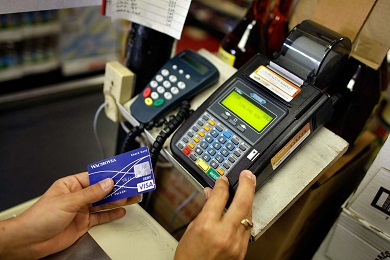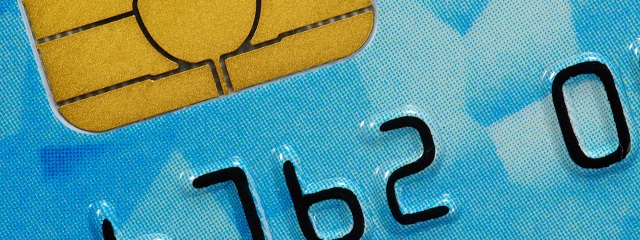
I wanted to use the opportunity of this article to take a closer look at the debate regarding the lowering of commissions paid by clients using debit or credit cards, which will shortly take place in the Sejm, Poland’s Congress. The debate about lowering commissions initially began while I was deputy governor of the National Bank of Poland responsible for supervising payments systems in Poland, through the initiative of the Department for Payments Systems which I oversaw.
In essence, the decision seems to be clear and intuitive: we’ll lower commissions, supermarket chains will lower their prices and consumers’ pockets will benefit from saved sums of money. Banks and credit card organisations will bear the costs, but since banks make such large profits, that’s not a problem. Unfortunately, as time goes by and more information on this is available, I have become less and less convinced that a regulatory limit on these fees is a good idea.
Even the National Bank of Poland itself is not so sure about it, writing the following in its recent report: “[The administrative reduction] will result in lower costs for merchants through the lowering of interchange fees but will not benefit consumers; instead, it will cause current profits of card issuers to be transferred to merchants. Regulations may cause a faster and more abrupt decrease in interchange fees that the compromise option, which may significantly disrupt the development of the credit card market, through a more sudden search by banks to compensate their lost revenue, as well as higher fees for issuing and using credit cards, and the withdrawal of banks from programs investing in the development of innovative payments methods, such as contactless cards or mobile payments, which require high levels of expenditures for their creation and development.”
To use less technical terminology, the NBP is concerned that if MPs lower commissions through regulation, banks will increase other types of fees to compensate for the lost profits, and prices in supermarket chains will not fall; profits will be detained by those chains.
But those chains already derive enormous profits from credit cards; clients paying for transaction with payment cards buy more than cash clients, client service is faster, and costs for the insurance and servicing of cash are eliminated. In other words, Polish consumers lose, foreign supermarket chains gain even more.
The NBP has reasons to fear such a scenario, since examples of it have occurred in Australia and Spain. In those countries, consumers lost out due to higher bank fees, and profits were gained by supermarket chains, since prices did not fall to the extent that was predicted and justified by the decrease in commissions, formally called “interchange fees.”
But that is not the end of negative consequences which can arise to harm the customer. Many years ago, the fees charged by credit card companies for withdrawing cash from cash machines were very high, so banks charged commissions of up to 3% of the sum withdrawn and not less than 5 PLN. Then, credit card companies lowered the fees and Euronet, the largest supplier of cash machines was not happy, but thanks to that, banks could offer free-of-charge withdrawals from their cash machines.
Currently, there is a risk that if commissions are lowered through regulation, banks will re-introduce commissions on cash withdrawals when these are done in cash machines from other banks. In that case, the client will have to run around the city, looking for his own bank, instead of comfortably using the closest cash machine, regardless of the bank by which it is owned. If that happens, we will be going back a decade in terms of consumer comfort.
When I was a teenager, I used to spend by vacations in the Soviet Union, because it wasn’t possible to travel West; it was too expensive and passports were difficult to obtain. Back then, I travelled with a friend in a so-called “communal wagon” (cheap train wagon), because that was the cheapest option. This type of wagon had one single compartment with wooden benches made of boards. It was alright to travel in, and for a teenager from Poland it was even an interesting experience. But it was neither comfortable nor pleasant. Using the example of other countries who introduced lower interchange fees, we can conclude that the change would be like swapping seats from a second-class train compartment to a cheap “communal” wagon.
It’s unclear if the new seat will be cheaper, because large investments will be necessary, but it’s certain that the comfort of the trip will be lowered. I’m aware that this would not apply to MPs, who travel in first class paid by taxpayers, but parliamentarians should seriously consider whether normal people will be grateful to them for a forced transfer to a “communal wagon”.






I totally agree with this polish professor. Evans and Mateus also have shown that when trying to explain the potential impact assess of a forced reduction of interchange fees, a “regulator” should first prepares refined estimates, on a country-by-country basis, of the pass-through rates of Issuers.